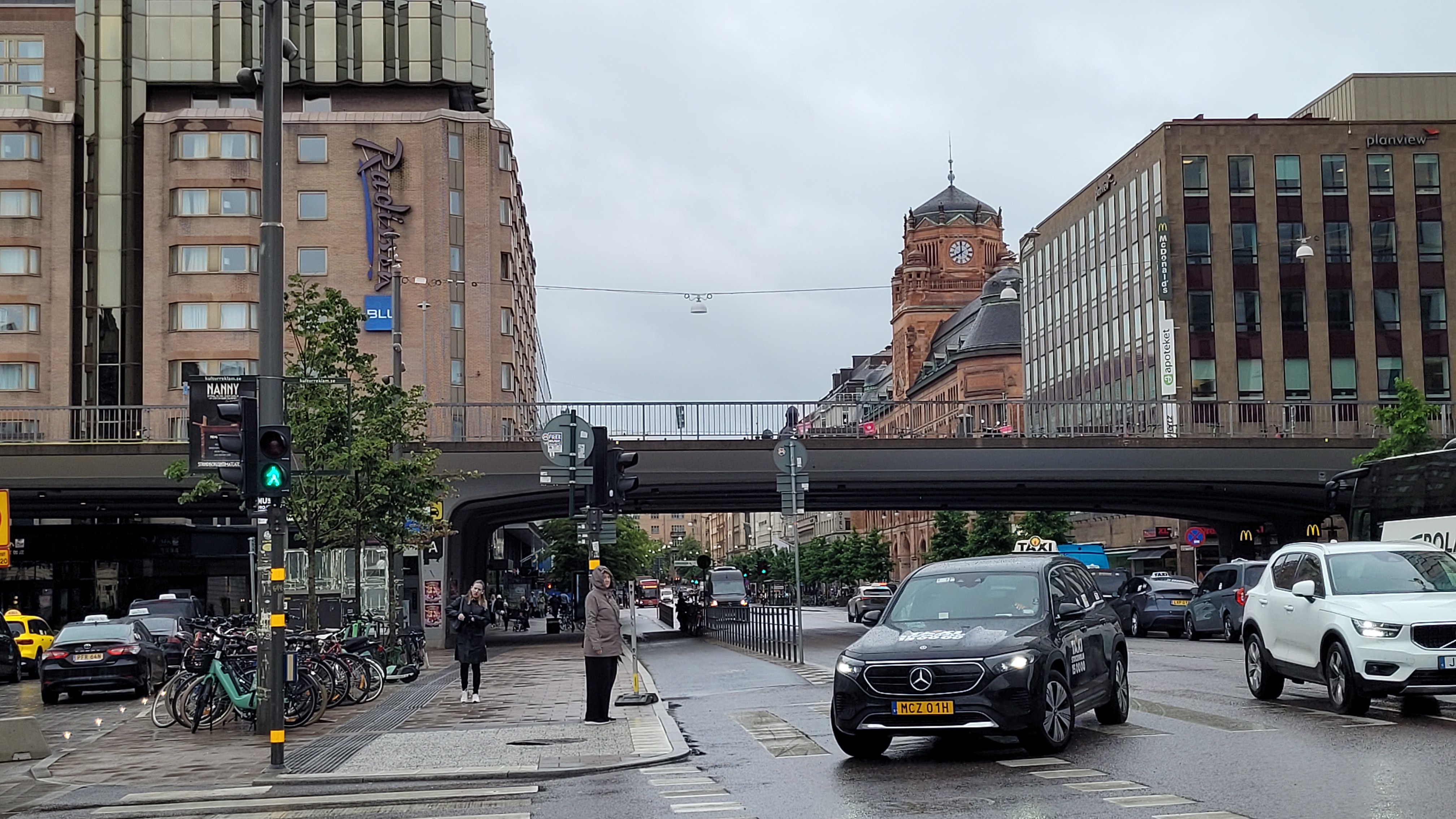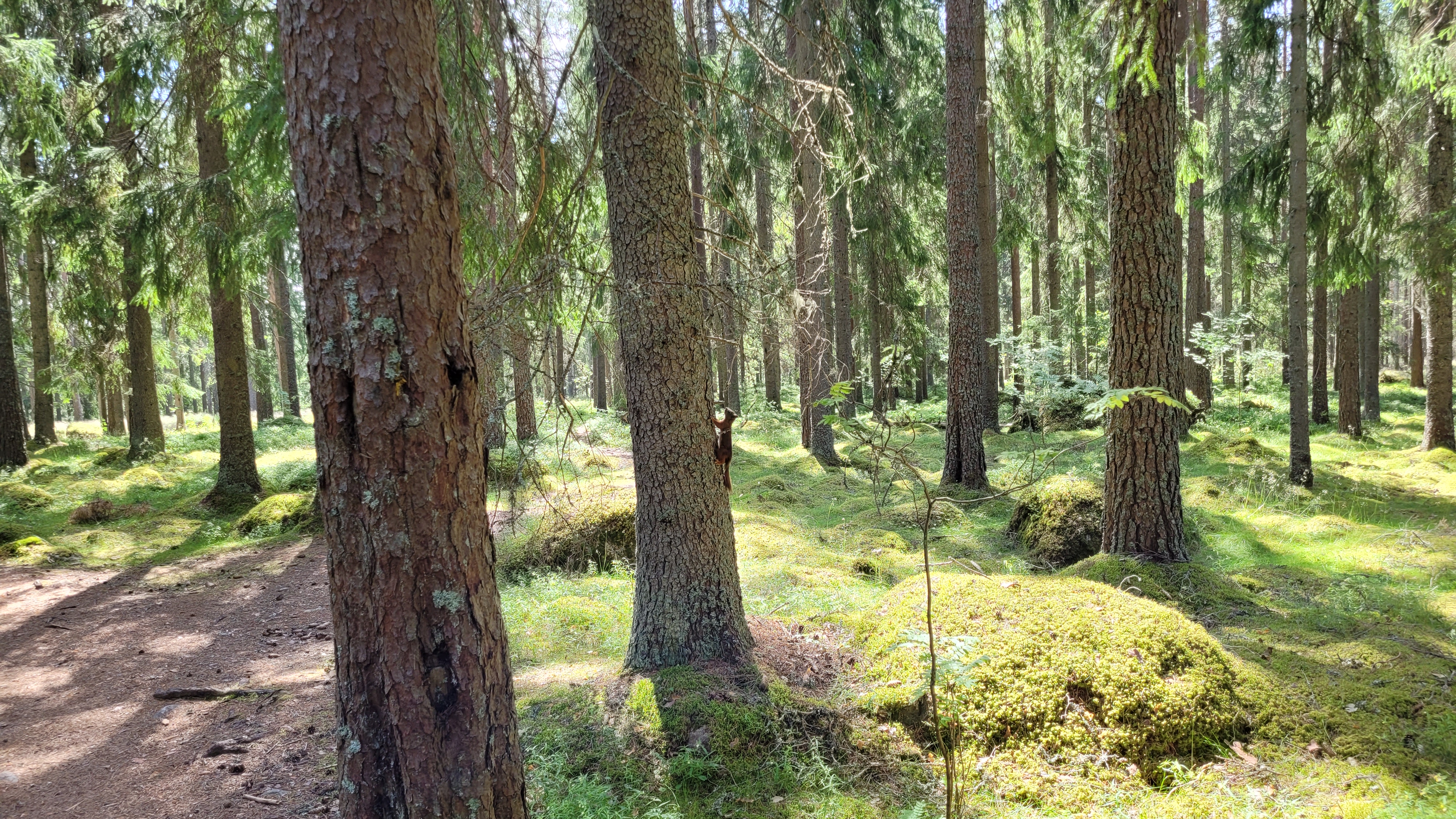Aug 27, 2025
Returned from sweden a month ago. Seeing the difference between a European country and the U.S. in terms of infrastructure, culture, and ways of thinking was quite an eye-opener. Seeing things in person is a whole different experience than seeing pictures. You get the atmosphere that a photo can't really emulate accurately. Sweden seems to have diverged in terms of solutions to many of the same problems the U.S. has encountered over the years.
Where the U.S. has chosen more often than not to go with capitlistic or market-based solutions to problems, even when a more socialist or government-based solution would be better, Sweden seems to use a more socialist or governmental-based approach. For example, faced with the issue of transportation across quite a large country, Sweden has opted to build train lines in conjuction with local bus systems, subways, and taxi services to transport people around. Importantly, this is in concert with designing and building their cities and towns for people to walk in. City blocks are more compact; you have residential and commercial spaces mixed in with eachother instead of sectioned off in distinct areas. This provides place for people to live, work, and shop in a smaller area that doesn't require cars for a daily commute. Bikes are a huge hing in Sweden; enough people use it as their main form of transport that they get their own lanes, with dividing infrastructure like railings, fencing, and sometimes even jersey barriers seperating them from the automobile lanes. (Imagine that! I know I'd feel safer bef=hind those than some flimsy plastic poles!) The lanes for vehicles are smaller, as well as the vehicles themselves being more compact; only with enough room as needed. Apartments and homes seem to also be smaller on average, encouraging residents to either spend more time outdoors and live with less stuff.
Since Swedish culture is more so focused on community cohesion rather than individualism, it makes sense as to its continued stewardship of its natural lands and resources, focused on the long-term conservation of them more than their exploitation. Sweden boasts the highest amount of waterways and lakes per mile than other countries nearby. Being out in some of those wild areas, you can tell the Swedish people take their conservation seriously. There are barely any signs of humans, even in the parks and trails. As a side effect of this focus on keeping the natural environement clean and free of pollution, the air and water in Sweden is unbelievably clean. I actually felt worse stepping off the plane back into Portland than I did the whole time I spent in Sweden. The air quality obviously differs between country and city, but it got nowhere near as bad as it does in the Lower Columbia.
It is by no means a paradise,though. There are still familiar issues people grapple with in Sweden, like immigration, cost of living, grafitti, and homelessness. While visiting, I conversed with another traveler, who informed me of the growing unrest and distrust of migrants from the middle east displaced by the return of the Taliban to power after the U.S. pulled out a couple years ago. Apparently, a more far-right party has become embolded and seeks to take advantage of this trend in the people to gather more power for itself and put forth is policies. Many of these same policies which mirror the current U.S Republican administration's; closing borders, increaseed deportations, more draconian requirements for citizenship and voting, and the privitization of government services, lands, resources and agencies. I can only hope the stories covered during this administration of ours deters the Swedish people from giving into groupthink and tribalism, following our own path down the scorched and chemical-laden pathway laid down by tyrants, despots, and zealots throughout history.

